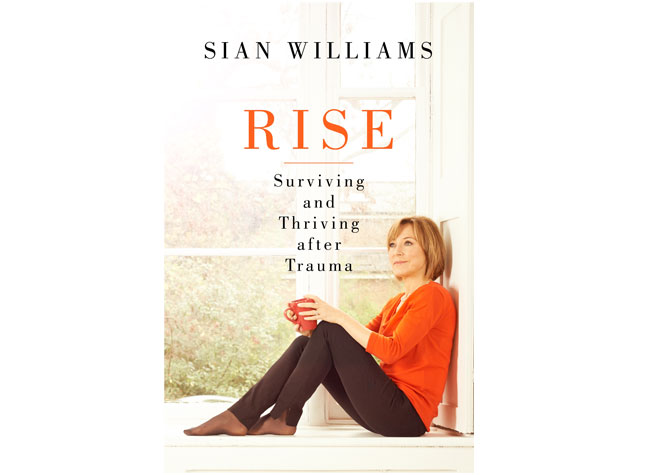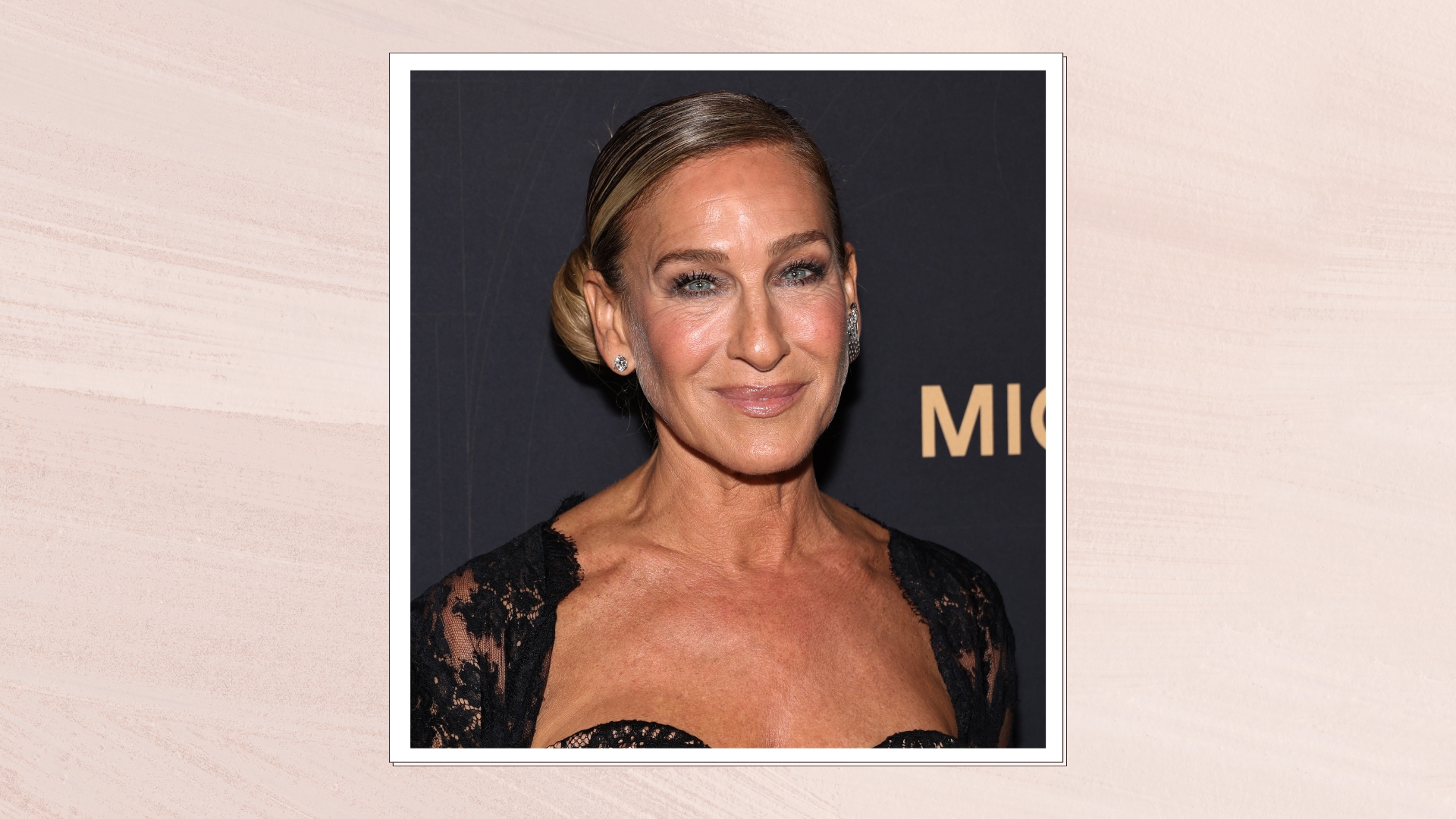EXCLUSIVE: How To Survive Trauma

TV presenter Sian Williams shares an exclusive extract from her new book, Rise: Surviving and Thriving After Trauma...
I was offered therapy after the double mastectomy and took it, gladly. I'm lucky and I've being seeing a wonderful psychologist with experience with women with breast cancer. Every time we meet, I feel her words resonate for all those going through adversity and I write down anything that I think might help at a later stage, or when another difficult and challenging event happens. Perhaps they'll help you, too. Don't worry if they don't chime with you now, they may do later. If you have someone you love who is going through something horrible and you want to offer support but don't know how, hang on to these thoughts, in case they're of value.
Ask yourself some questions about how you feel now. If you got up tomorrow and felt better, what would need to happen? What would you notice? What help would actually be helpful? Try not to use words like ‘I should' and ‘I shouldn't', because they are judgemental. Let yourself off the hook and be kind. Recovery and growth are not linear, so if you have setbacks, reflect on them and rest awhile. Focus on those life issues which have priority; it might be the emotional, the physical, the treatment decisions or whether to return to work. Try to get clarity and help when wrestling with them, from those you trust. They may not know how to help you, so tell them, throw them a lifeline and let them know what'll be useful to you. That may be saying, ‘I feel under pressure and I feel I have to pretend I'm OK, when I'm not. It's a step too far to do that, but this feels OK, is that possible?' Find your voice and listen to it, life will never be the same again and you are changed, so explore new ways of managing and coping.
She suggests it's about having internal conversations, refining thoughts, going back and forth sometimes, being mindful to protect yourself. It doesn't happen overnight. The hardest thing for most cancer patients, the psychologist says, is when treatment is at an end. The ‘getting through' mode is replaced with the aftermath. You're out of synch with other people, because you've been in a fog of treatment and a state of ‘survival' arousal and when you come out of that, it feels different. ‘You don't want to upset people, but they want you back,' she says. Only, it's the old ‘you' they want, the one before all this happened. And that old you has gone away.
Talking has been helpful. These therapies can take less than sixteen sessions and more than half of those who undertake them recover, in many cases permanently. Breast cancer patients at this hospital where I've been having treatment are lucky to have them as part of our NHS treatment. I know lots of people are not in a similar system and may not be offered help. Many doctors can't offer psychological therapy, and services are still very patchy across the UK.
Until they are widely available, we need to share our knowledge of what works. Preventative strategies before and after trauma may stop us needing therapy. Understanding what tactics work in combatting negative thinking and knowing when to deploy them is crucial, as is knowing what makes us happy, how to laugh and when to reflect and breathe. Having someone we trust, and can talk to, is immensely supportive. Practically, having decent rest, food and the energy to get up and move, will also help in surviving and thriving.
The philosopher Ludwig Wittgenstein who I studied in psychology would urge his pupils to ‘go the bloody hard way'. He also admitted that it's tough to do. ‘But it is, if possible, still more difficult to think or try to think really honestly about your life and other people's lives. And the trouble is that thinking about these things is not thrilling, but often downright nasty. And when it's nasty, it's most important.'
Sign up for the woman&home newsletter
Sign up to our free daily email for the latest royal and entertainment news, interesting opinion, expert advice on styling and beauty trends, and no-nonsense guides to the health and wellness questions you want answered.
Well, we are, aren't we? We are all going the ‘bloody hard way' and it's often ‘downright nasty'. If that's when it's most important, let's try to fill our backpacks with whatever sustenance we need, put the right boots on and reach for the support to help us go forward.

Sian Williams' new book, Rise: Surviving and Thriving After Trauma (W&N) is out now.
-
 Jennifer Aniston loves these leg-lengthening jeans - when styled with wedge espadrilles and a white shirt it's a timeless look
Jennifer Aniston loves these leg-lengthening jeans - when styled with wedge espadrilles and a white shirt it's a timeless lookHer skinny flares from 2016 look just as fresh now - and they're making me rethink my beloved baggy barrel leg jeans
By Caroline Parr
-
 Sarah Jessica Parker just rejected milky pastels in favour of this rebellious shade - and it's incredibly chic
Sarah Jessica Parker just rejected milky pastels in favour of this rebellious shade - and it's incredibly chicLiquorice nails for spring? Groundbreaking
By Naomi Jamieson